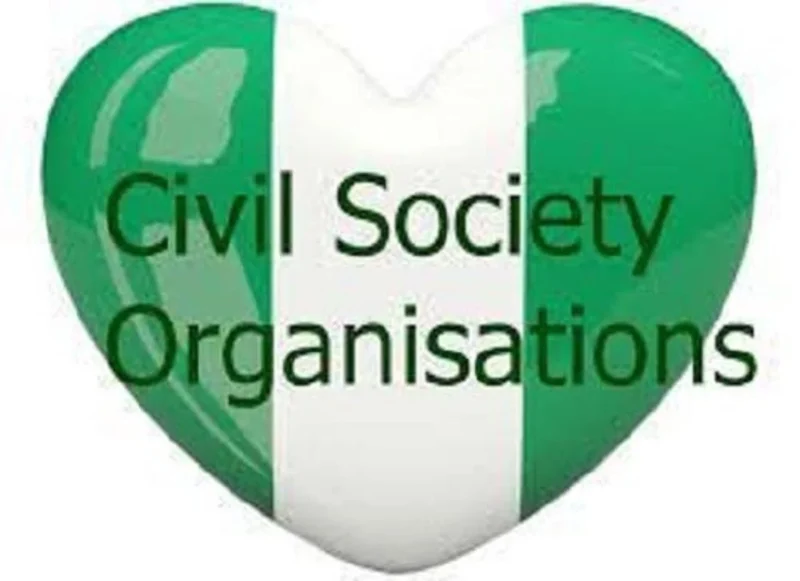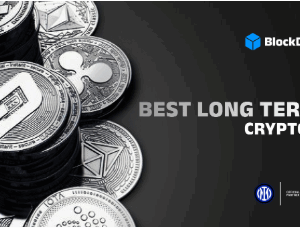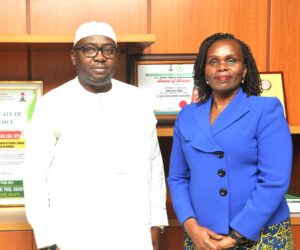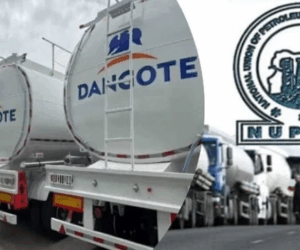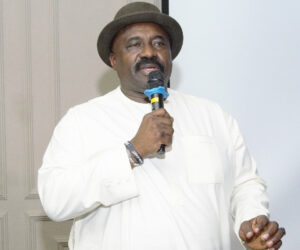As organised crime rates surge across Africa, civil society organisations (CSOs) on the continent have raised concerns over proposed regulatory measures targeting non-governmental organisations (NGOs). While acknowledging the need to address increasing criminal activities, CSOs warn that excessive regulation could undermine their work in advancing human rights, development, and transparency.
The ongoing 2nd Africa Civil Society AML/CFT Conference 2025 has highlighted growing concerns that excessive regulation of nonprofit organisations (NPOs) across Africa severely hampers their ability to carry out humanitarian and development work, even as organised crime and terrorist financing continue to rise.
In Botswana’s capital from October 15 to 17, the three-day conference is convened by Spaces for Change (S4C) and Civic Advisory Hub Uganda, in partnership with Botswana’s Ministry of Labour and Home Affairs and ICIFF University of Botswana.
The event gathered a diverse group of actors, including government ministries, law enforcement agencies, financial intelligence units, donor bodies, intergovernmental organisations, civil society groups, diplomats, and academics.
This year’s theme, “Placing Civic Space at the Heart of Combating Money Laundering and Countering the Financing of Terrorism,” underscores the urgent need to balance security measures with protecting the vital space for civic engagement.
African civil society organisations are recognised as critical partners in identifying and mitigating money laundering and terrorism financing threats due to their deep grassroots reach and understanding of local risks.
However, many speakers at the conference warned that current AML/CFT policies often exclude or penalise these groups, undermining their effectiveness and independence.
In his opening remarks, Botswana’s President Dumo Gideon Boko acknowledged the persistent threat of organized crime across Africa.
He called for rigorous scrutiny of all actors, including nonprofits, to prevent exploitation by illicit financiers. Yet, he also stressed the importance of upholding legal integrity and protecting civic freedoms, emphasising that efforts against crime must not trample on fundamental rights.
Addressing the audience, the executive director of Spaces for Change, Victoria Ibezim-Ohaeri, emphasized the negative impact of overregulation on NPOs.
She said, “While NPOs are not averse to government oversight, overregulation stifles their ability to organize, operate, and carry out their charitable activities freely.”
Her remarks highlight the need for regulatory frameworks that are risk-based and rights-respecting to ensure NGOs remain effective partners in development and humanitarian work.
The conference’s agenda includes in-depth masterclasses on key AML/CFT challenges such as bank derisking—where financial institutions disproportionately restrict services to NPOs—compliance automation, risk assessment, illicit procurement, whistle-blower protections, and gender-focused counterterrorism financing strategies.
These sessions aim to equip civil society actors and regulators with practical tools to address sector-specific risks while safeguarding civic space.
A major upcoming highlight of the conference is the launch of Spaces for Change’s new report, “Security First: The Impact of Security Laws on Civic Space in West Africa.”
This research exposes how security laws have increasingly constrained civil society operations, reducing their ability to contribute to governance and social development. By convening governments, regional bodies, law enforcement, financial regulators, donors, and civil society in one space, the conference fosters mutual reflection on refining Africa’s fight against money laundering and terrorist financing.
The collective goal is to promote AML/CFT measures that protect citizens while preserving the freedoms necessary for inclusive growth and social justice. As the conference progresses, participants aim to transform conversations into collaborative actions that strengthen the continent’s security frameworks without suffocating the critical role of nonprofits in building resilient communities.

